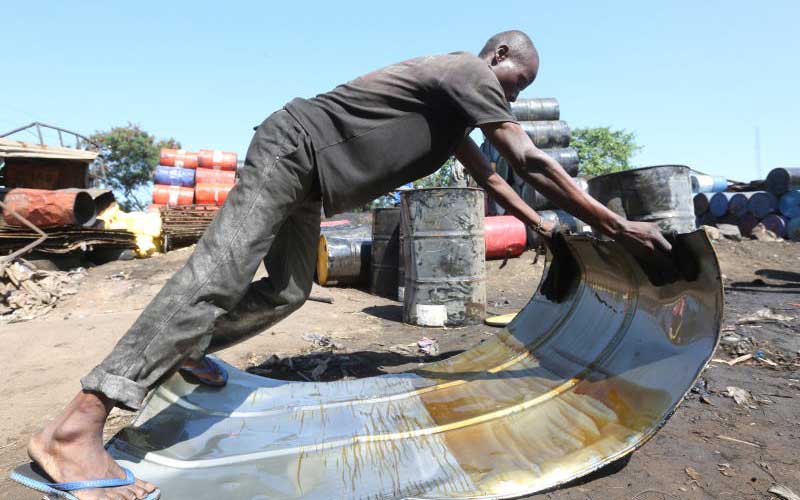×
The Standard e-Paper
Join Thousands Daily

A Jua Kali artisan eking out a living at Kibuye market in Kisumu town. President Uhuru Kenyatta’s bailout measures may not trickle down to him. [File, Standard]
President Uhuru Kenyatta’s tax cuts, which are aimed at cranking up an economy that has been ravaged by the coronavirus pandemic, might not benefit the ordinary citizen after all.